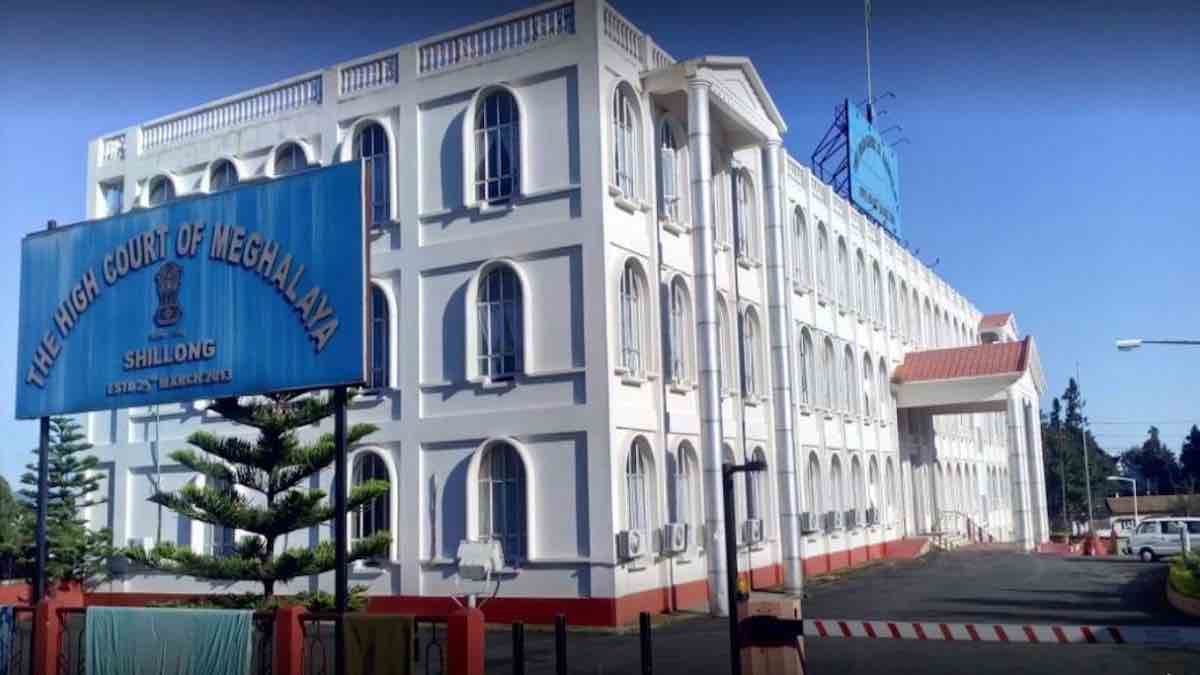In a significant ruling, the Meghalaya High Court has acquitted Shri Thombor Shadap, who was previously convicted for murder under Section 302 of the Indian Penal Code (IPC) by the Sessions Judge of East Jaintia Hills District, Khliehriat. The judgment, delivered on August 16, 2024, by Chief Justice S. Vaidyanathan and Justice W. Diengdoh, overturned
To Read More Please Subscribe to VIP Membership for Unlimited Access to All the Articles, Download Available Copies of Judgments/Order, Acess to Central/State Bare Acts, Advertisement Free Content, Access to More than 4000 Legal Drafts( Readymade Editable Formats of Suits, Petitions, Writs, Legal Notices, Divorce Petitions, 138 Notices, Bail Applications etc.) in Hindi and English.




